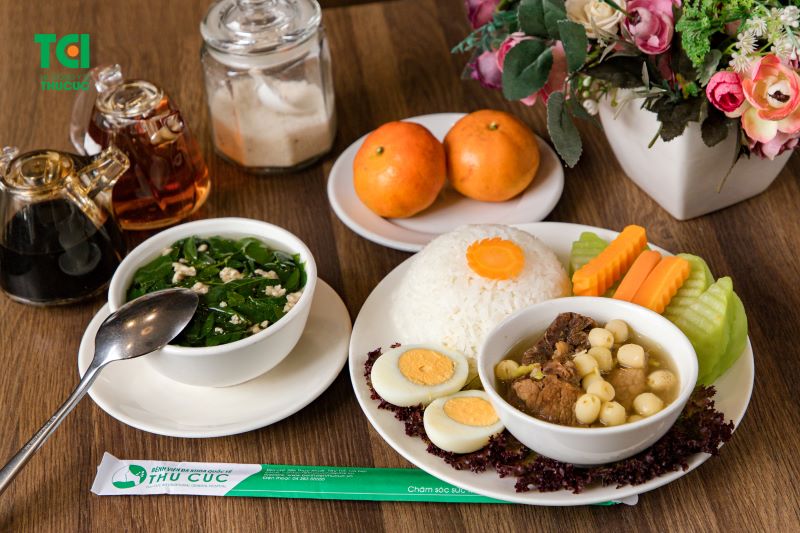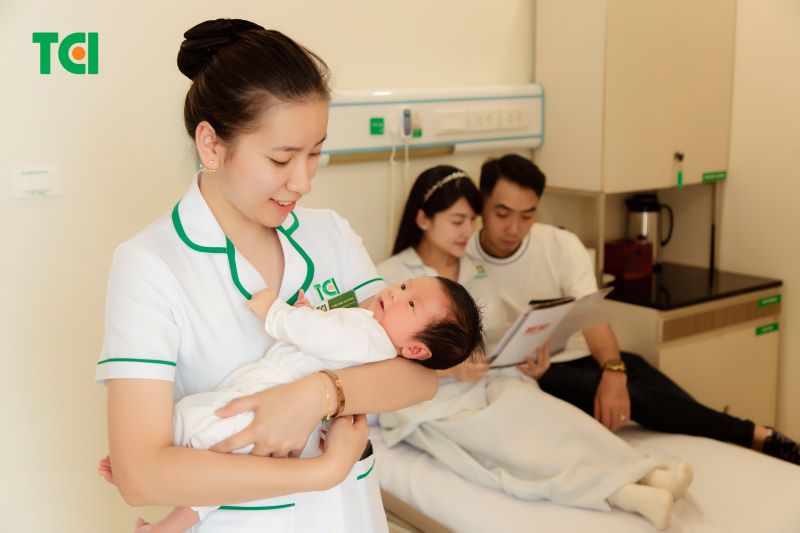Postpartum confinement, also known as the recovery period after childbirth, is a vital phase in a woman’s journey to motherhood. This period is not simply about resting, but about helping the mother’s body and mind adapt to the immense changes brought by pregnancy and childbirth. When done correctly, postpartum confinement supports physical healing, emotional well-being, and prepares the mother to care for her newborn with strength and confidence. In this article, we offer essential medical insights and practical tips for women to navigate this period in a safe and healthy way.
1. Why Proper Postpartum Confinement Matters
The postnatal period is marked by significant physiological and psychological changes. Proper postpartum confinement promotes recovery and has a long-term impact on a mother’s health. The uterus needs time to return to its normal size, surgical wounds (from C-section deliveries) require proper care, and hormonal fluctuations can affect mood and energy levels. Without appropriate care, mothers may face complications such as infection, physical exhaustion, or postpartum depression. Adopting scientific and structured confinement practices is therefore crucial.

The postpartum period is when a woman’s body undergoes significant physical and emotional changes.
1.1 Physical Recovery
The body typically needs 6 to 8 weeks to recover after childbirth. During this time, organs such as the uterus and pelvic muscles are gradually restored to normal function. Proper postnatal confinement helps improve circulation, promotes wound healing, and rebuilds muscle strength. Adequate rest during this period reduces the risk of complications like uterine prolapse or chronic back pain.
1.2 Emotional Stability
Hormonal shifts and the demands of caring for a newborn can take a toll on a new mother’s mental health. Structured confinement allows time for rest and emotional adjustment, which helps build confidence and reduces stress. Family support and activities such as meditation, conversations, and quality sleep can prevent postpartum depression and foster a nurturing environment for both mother and baby.
2. Nutrition During Postpartum Period
A well-balanced diet plays a key role in promoting healing and maintaining milk quality. Mothers should avoid overconsumption of fatty foods or strict food restrictions, both of which can delay recovery.
2.1 Recommended Foods
Protein-rich foods such as chicken, fish, eggs, and legumes help rebuild tissues and strengthen muscles. Leafy greens and vegetables like spinach, broccoli, and pumpkin provide essential vitamins and fiber for digestion and immune function. Whole grains such as brown rice and oats offer long-lasting energy. Adequate hydration is also important—herbal teas like ginger tea are beneficial for warmth and circulation.
2.2 Foods to Avoid
Limit intake of deep-fried foods, sugary snacks, and spicy dishes as they may cause digestive discomfort. Completely avoid stimulants like coffee and alcohol. Ingredients such as garlic, onions, and cabbage should be consumed in moderation, as they may alter breast milk flavor and affect the baby’s feeding experience.

Nutrition plays a key role in recovery and ensuring high-quality breast milk.
3. Physical Care During Postpartum Confinement
Alongside nutrition, physical care contributes significantly to recovery.
– Personal Hygiene: Daily warm showers can relax the body and promote cleanliness. C-section wounds must be cleaned properly under medical guidance. Mothers should also change sanitary pads frequently and maintain hygiene to prevent infections during the lochia phase (postpartum bleeding).
– Gentle Exercise: While rest is essential, complete immobility can hinder circulation and muscle recovery. Light activities such as slow walking, shoulder rolls, or basic yoga stretches can improve blood flow and reduce stiffness. Avoid heavy lifting or intense exercise for at least six weeks after delivery.
– Adequate Rest: Sleep is vital for tissue regeneration and mental health. Since newborn care can interrupt sleep, mothers are encouraged to nap when the baby sleeps and seek help from family with household duties. A quiet, comfortable sleep environment also supports restful recovery.
4. Postpartum Confinement Services at Thu Cuc TCI
At Thu Cuc TCI, our postpartum confinement services offer comprehensive care for both mother and baby. With a team of experienced professionals, mothers receive personalized support in nutrition, physical recovery, and emotional well-being. Our modern facilities include comfortable rest areas, therapeutic massage, and special care programs to help mothers regain health and vitality. We are proud to be a trusted companion on your motherhood journey.

Postnatal care services at Thu Cuc TCI provide comprehensive support for both mother and baby
In conclusion, postpartum confinement is not merely a tradition but a medically essential period combining proper rest, nutrition, gentle movement, and emotional support. Scientific confinement practices empower mothers to heal faster and embrace motherhood with confidence. Listening to your body and seeking professional guidance ensure that this recovery phase becomes a meaningful and enriching experience for both you and your child.








